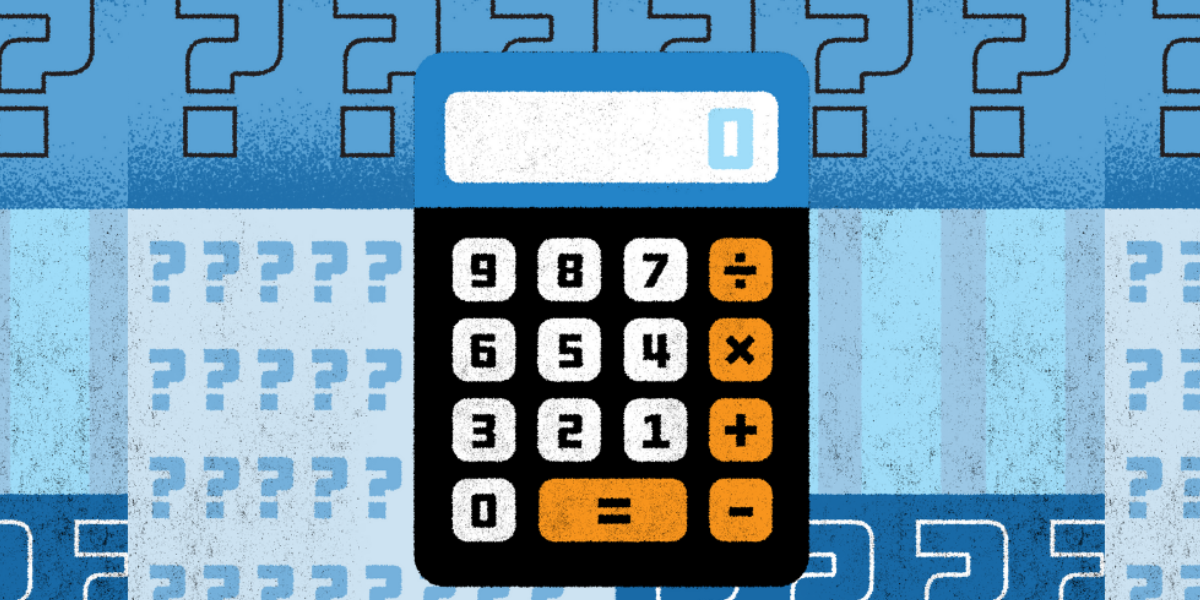The lack of IPv4 globally poses a massive challenge to companies whose operations heavily rely on the internet. As the cost of ownership increases, IPv4 leasing is increasingly becoming a more intelligent and cost-effective alternative. While leasing, companies must purchase the IP resources at a small upfront cost without buying. This guide discusses the existing IPv4 lease price, giving an idea of the tendencies and the aspects influencing the cost. At the end, companies will understand how to assess the lease alternatives and make quality decisions that are cost-effective.
Significant Factors That Influence IPv4 Lease Price
Market Demand vs Supply
The IPv4 scarcity still influences the pricing. Lease rates are high as demand to have access to dependable internet is growing at a greater rate than supply. Scarcity usually increases prices. Businesses must budget their costs in dynamic market situations.
Block Size
Price can also face a lot of influence by the size of the block which you are leasing. Smaller blocks, such as /24, may be more expensive per IP as they are in demand by smaller companies. /22 or /20 blocks give a lower price per IP but demand more initial commitment.
Lease Duration
The duration of the lease agreement influences the price. Temporary leases are more expensive per month and allow flexibility. Long-term contracts, like three to one year, reduce the total expenses. Hence, it provides a sense of stability and predictability in the business budget.
Regional Registry (RIR)
Each of the regional internet registries, such as ARIN, RIPE, APNIC, and AFRINIC, has its own lease costs. Availability and prices can be affected by regional demand and policy regulations. Businesses need to verify which registry is relevant to their location.
Brokerage & Escrow Fees
What are some extra costs that are involved when you lease IPv4 address. This includes brokers or escrow services. These charges include services such as negotiation, legal protection, and secure payment handling. They add some general expenses. Meanwhile, they also offer security, transparency, and reliability when it comes to executing complex IP lease dealings.
Knowing Average IPv4 Lease Prices in 2025
Rates to purchase IPv4 addresses are not growing rapidly and show a slow but steady inclination in 2025. A /24 block with 256 IP addresses is more expensive per IP because smaller businesses have a greater demand. Sometimes bigger blocks, like /22 with 1,024 IPs and /20 with 4,096, have lower prices per IP, and are attractive to data centers and ISPs.
There has been a steady increase in prices in comparison to past years, as the lack of IPv4 addresses remains a reality. Prices vary by region and broker, but the general trend is toward the upside. Hence, leasing is a more strategic decision in organizations that consider both budget and expansion.
Understanding Pros and Cons of Leasing IPv4
Pros
Renting IPv4 addresses is also cheap, since the buyer does not incur he high initial cost of purchasing. It is flexible as a business can expand or contract resources when required. Businesses do not have to bear the cost of ownership in the long run. This is the reason why leasing is popular among startups, hosting companies, and Internet Service Providers with volatile needs.
Cons
Leasing has its advantages, but it has recurring costs that accumulate over time. Businesses are at the mercy of the lessor and lack control as they would in owning. Contracts can limit some uses, and it is not necessarily guaranteed that the terms of renewal will be renewed. To achieve stability in the long run, ownership may be better placed under old organizations.
Helpful Tips to Choose the Right IPv4 Lease Option
Choosing the best IPv4 broker choice needs a lot of attention. Start with an evaluation of your organization’s IP needs, both current and projected growth. Choose the block size that fits your requirements and determine whether a short-term lease or a long lease is most effective in your plan.
It is always essential to ensure the credibility of the provider or broker to reduce risk. It is also vital to ensure that the rules of the corresponding Regional Internet Registry (RIR) are adhered to prevent complications in the future. Comparison of prices by various brokers helps in obtaining reasonable market prices.
A methodical process will avoid excessive payment, and the lease selected will be able to fund the business. It is always good to take time to consider these steps, as it guarantees a cost-effective and scalable leasing process.
Future of IPv4 Leasing and IPv6 Transition Beyond 2025
Continued scarcity implicates the future of IPv4 leasing. Lease rates will either be constant or even rise due to the continued demand surpassing supply. Despite the increasing use of IPv6, the transition is very slow, and most companies continue to use IPv4 to be compatible.
Leasing is also a viable form of facilitating a solution in this time frame, which will provide organizations with the necessary resources without any significant investments. IPv4 leasing will not be obsolete in the next few years, pending the widespread deployment of IPv6. Companies planning strategically about both protocols will be in a better position to transition smoothly and cost-effectively.
Ready to Lease IPv4? Don’t Overpay? Get the Best Deals Today!
IPv4 scarcity doesn’t mean your business should overspend. IPV4 TradeHub provides the lowest competitive prices and scale to lease addresses without spending extra costs. Our platform offers compliance, security, and flexible terms, whether you require a small /24 block or a larger IP range to support an enterprise. Don’t allow lease expenses to constrain your growth. Collaborate with our professionals and find the appropriate leasing at affordable rates suitable for your business. Act now to get started!
